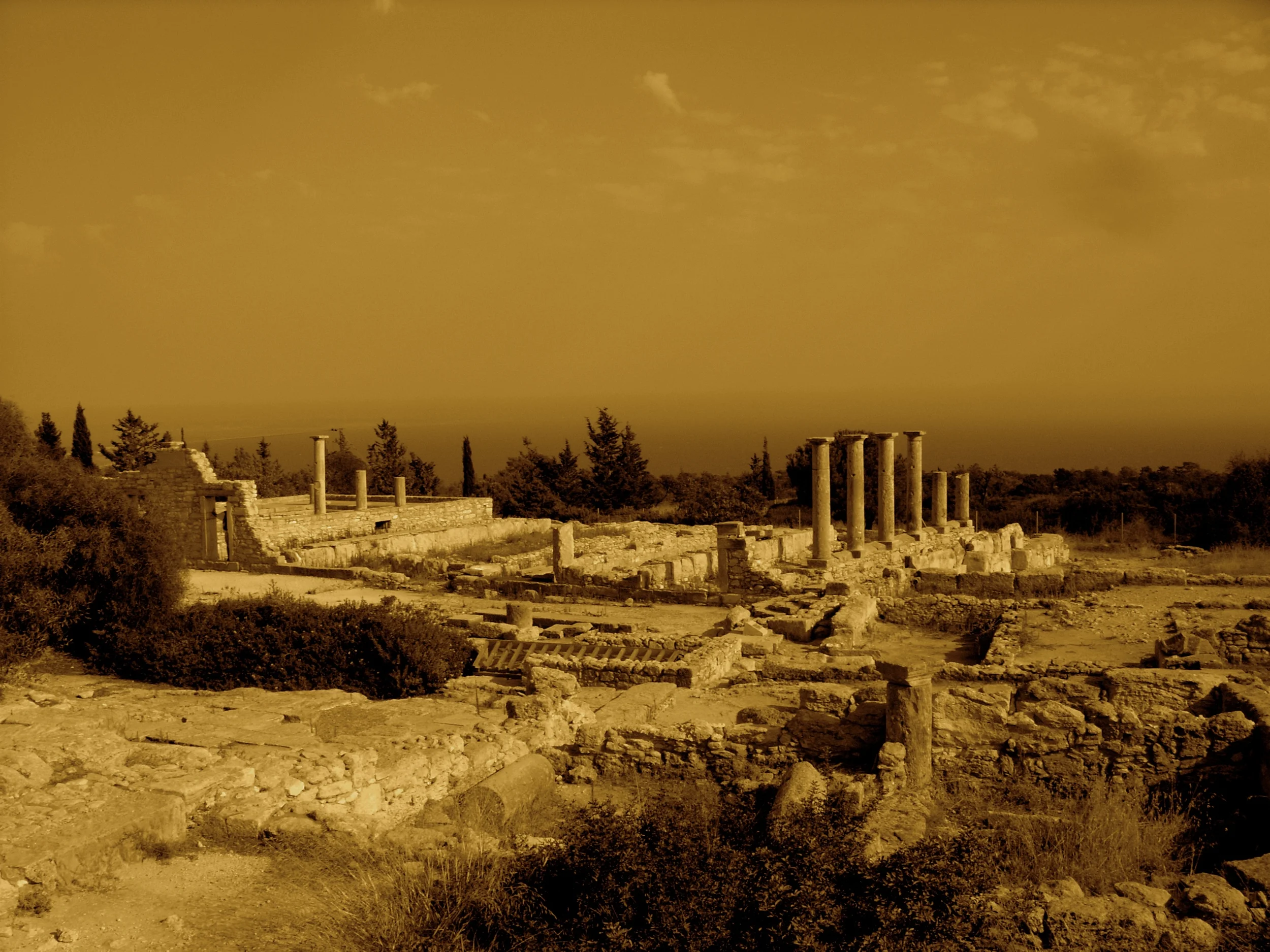THE IMPORTANCE OF PEOPLE SKILLS AND EXPERIENCE
Probably the most overlooked aspects of a Private Security Operative's skillset are People Skills and Experience. We are seeing operational experience being shunned in favour of cheaper but less experienced personnel and people skills being forgotten due to a lack of understanding in the importance of personality in a security role.
THE BAD OLD DAYS
The Private Security Industry has come a long way in recent years, with legislation and accreditation seeing an end to the use of 'hired thugs' with their tattooed forearms and shaved heads, and the industry is in a far better place for it. But as we strive for more regulation and accreditation, is there too much emphasis on qualifications and licensing at the expense of the more traditional core attributes - operational experience and people skills?
SIA REGULATION
The Security Industry Authority (SIA) have done great things in the UK in setting standards and regulating individuals and companies in the industry, but they don't really provide a platform for clients to verify security operatives based on their experience or personality. For example, almost anybody can apply to become a licensed and qualified Close Protection Operative, as long as you pass the DBS check and attend a relatively short and simple course, then you can be out there 'on the ground' protecting clients. This has resulted in the security market being saturated with some very average operatives with no operational experience in security or poor people skills - many of whom end up working in security training companies to teach others. The exception to this are ex-military personnel, who have a key role in the Security Industry and remain pivotal to the effectiveness and reputation of most of the best private security companies.
EXPERIENCE
The reason why military personnel are so suited to the security industry is that they have many tangible skills and therefore are operationally experienced in the fundamental principles of security - whether that be standing on the gate of a camp in the UK or manning an Observation Post in a combat zone, they have an inherent 'sense' for threats and risks and ask any soldier how long they have 'stagged-on' for in their career and they will tell you - too long! Further to this, military personnel have been tested under extreme pressure, often carrying out a security role where the consequences of failure are death, but without a military background it is very difficult to verify how a security operative will react should a real threat materialise.
PEOPLE SKILLS
On the personality and people skills side of things, this can also be an inherent skill of military personnel. Absolute honesty and integrity are words commonly associated with military people and this is essential as a security operative, but also very difficult to verify in someone without a military background. Security personnel are always 'human-facing', whether that be public-facing in a role such as Manned Guarding or client-facing in a role such as Close Protection. Often security personnel will be required to hold small-talk conversations with clients or build relationships with other staff such as housekeepers or drivers, so having good people skills is essential. Some may argue against this and say that as long as you're capable of dealing with a threat then you don't need to worry about interacting with the public or a client, but if we consider both Door Supervisors and Residential Security Teams, it becomes clear that people skills are actually just as important as your SIA badge or your NVQ in security. Take the example of a Door Supervisor - whilst you need personnel who are capable of physical intervention if required, good Door Supervisors will be able to diffuse a potential situation by talking and ultimately avoiding violence. In the example of a Residential Security Team - the Team Leader has a responsibility to gather intelligence on all threats regardless of how minor they may seem, in order to produce their security plan, so maintaining a good relationship with other staff such as gardeners or cleaners is essential in gathering intelligence in order to stay abreast of the threat.
SUMMARY
So whilst there are, without doubt, plenty of good security operatives out there who are not ex-military, when selecting teams for security roles, it is a safe bet to utilise ex-military personnel. Less risk that you will end up with someone who's done a short course and has little operational experience, but instead, confident they will most likely have the right experience and personality for the job. Some aspects of our industry, such as family security, require a high emphasis on personality and people skills - often family security operatives work alone, heavily embedded in the family with a strong personal relationship with family members of all ages and sexes so it is imperative to fit seamlessly into this group, as if you were an actual family member.
WESTACRE PERSONNEL
90% of our personnel are ex-military, all vastly experienced with years of operational security work under their belts in some of the best units in the UK Armed Forces. We choose our security teams carefully, ensuring we have the right balance of experience, qualifications and personality applicable to a particular client or even a specific task.

























